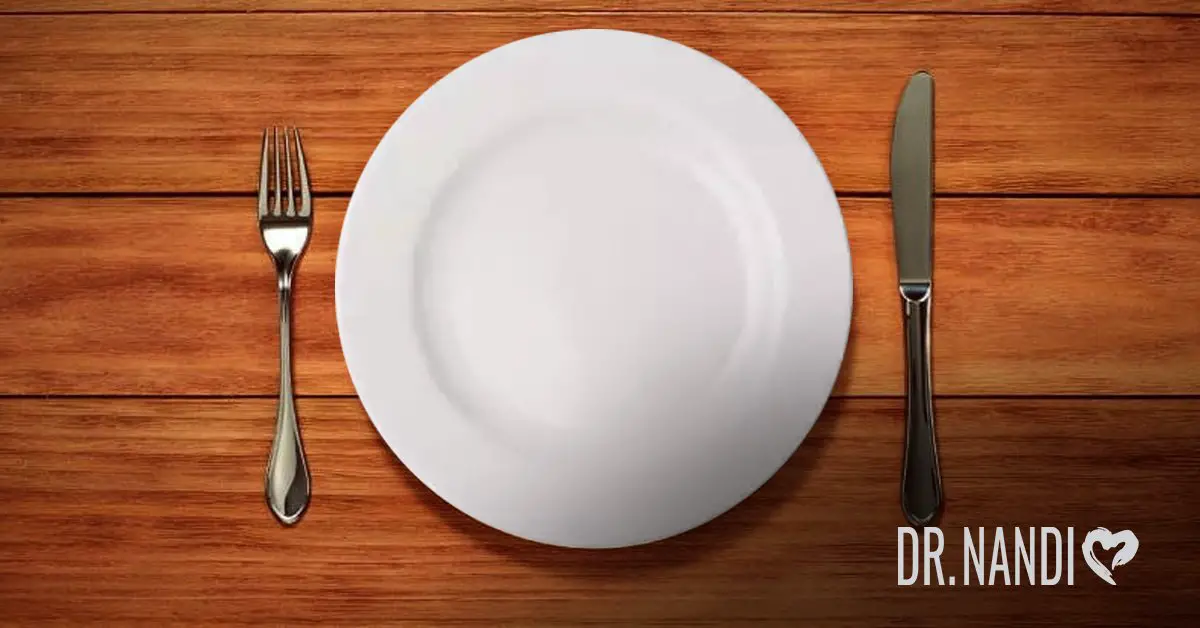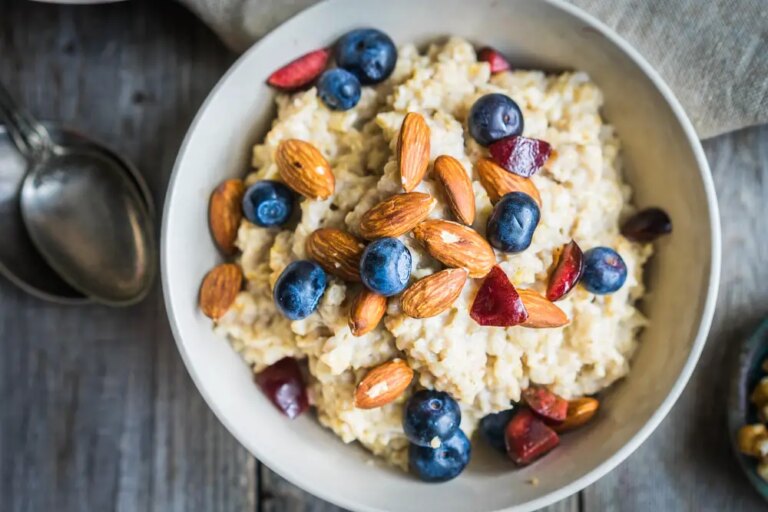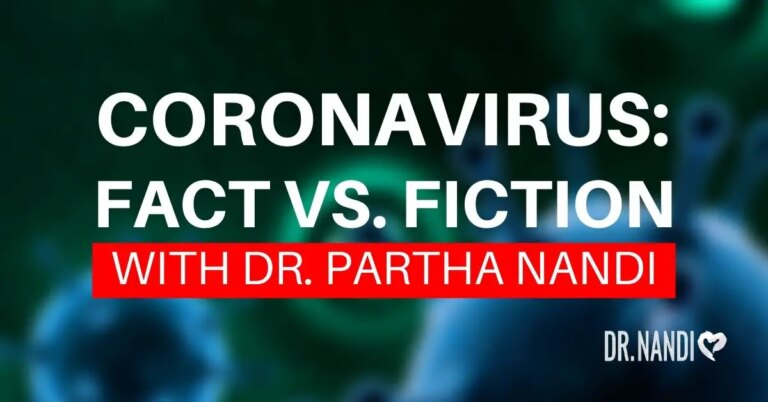We never seem to be at a shortage of diet tips and techniques, but at the end of the day, it’s important to know if these procedures are actually good for your body or if they do more harm than help. In the case of intermittent fasting (IF), it seems that lots of individuals get good results in terms of losing weight or keeping weight off–but starvation does a good job of that as well, and that doesn’t mean it’s good for your body.
What is Intermittent Fasting?
In short, intermittent fasting is temporary fasting followed by eating your daily calories followed by more fasting followed by more eating. It’s currently one of the most popular diet crazes (1). Essentially, it’s an eating pattern where you carefully cycle between periods of eating and fasting without ever limiting what kinds of foods you eat; you simply organize when you eat them (2).
There are many different types of intermittent fasting methods, but most are based on the fact that everyone “fasts” at least once a day (while they sleep), so why not make that fasting period longer (1)? You do this by skipping breakfast and eating your first meal at noon or later and then your last meal between 8-10 pm. This way, you’re fasting for 16 hours per day and restricting your eating window to 8 hours. The 16/8 method is the most popular intermittent fasting method (1). There also are the more extreme options where you fast for a whole 24 hours, two to three times a week, and resume normal eating habits on days in between.
Is Intermittent Fasting Helpful?
When the goal is fat burning, people usually get fairly good results with intermittent fasting, which is one of the reasons it’s become so popular (2). People lose weight and belly fat relatively easily (3). As opposed to other diet trends, people who have tried out intermittent fasting actually report feeling better and having far more energy during their diet than before it (1). Intermittent fasting has a wide range of benefits, including that it promotes healthy brain function which, in turn, helps ward off neurodegenerative diseases (4). There are also not always dietary restrictions, which many see as an outstanding plus (5). The idea is that by reducing the window of time to consume the calories, chances are you’ll consume fewer, so you will naturally be in a caloric deficit.
But Intermittent fasting also has a cons list, which must be considered if one intends to utilize the diet.
One obvious con is that it interferes with social eating (5). If your boss wants a meeting that involves food two hours before (or after) your fasting allows, it makes for an awkward time. It also interferes with date nights, birthday parties, drinks with friends, and more. Also, you get hungry. You might wake up hungry but you still can’t eat for hours, which can lead to low energy and unproductivity for the first half of the day (5). Also, the “no restrictions” on the feasting period tends to lead to binging (5). Who wouldn’t stuff their face when they know they’re going to have to starve soon? This pattern of fasting/binging can lead to negative results. If not kept under control, your good results will be minimal..
And most importantly, intermittent fasting can cause other health issues–digestive issues, nutrient deficiencies, electrolyte abnormalities, and infertility in women if not done properly (5).
Conclusion about Intermittent Fasting
While Intermittent Fasting has many short-term benefits (such as weight loss, obviously), it doesn’t seem to be entirely sustainable over long periods of time. There are risks for many health problems, as well as risks for weight gain–which is exactly what dieters don’t want. It does seem to be a current craze, with many health professionals and gym rats jumping on the bandwagon, but be sure you weigh the cons before joining the jump.
References
- https://www.healthline.com/nutrition/what-is-intermittent-fasting
- https://www.prevention.com/weight-loss/a20500235/intermittent-fasting/
- https://www.healthline.com/nutrition/10-health-benefits-of-intermittent-fasting#section2
- https://www.eatthis.com/intermittent-fasting-benefits/
- https://www.abbeyskitchen.com/intermittent-fasting-weight-loss-evidence-based-pros-cons/




















